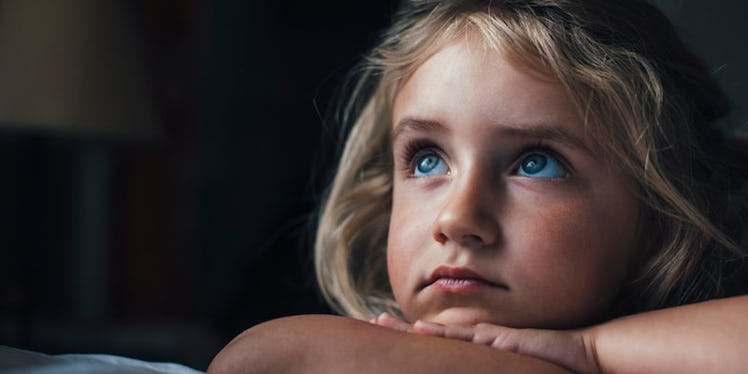
Being Your Parents' Favorite Child Can Actually Lead To Depression
Being the favorite child may not be all it's cracked up to be.
Purdue University sociologists Jill Suitor and Karl Pillemer surveyed 725 adult children from 309 families as part of an ongoing study to better understand the often complicated relationships between parents and their grown-up children.
In one study, they found children who self-identified as their mothers' favorites when they were younger were more likely to show symptoms of depression during adulthood.
Suitor and Pillemer first surveyed the children on their perceived relationships with their mothers to determine which of the subjects believed they were the favorites.
Then, they surveyed the children about their personal lives as adults.
The respondents who believed they were closer to their mothers than their siblings tended to have the highest depressive symptoms out of the entire group.
It's not entirely clear why the self-described "favorite" children displayed emotional distress as adults, but Suitor and Pillemer believe it may have something to do with sibling rivalry: Favorite children are more likely to be ostracized or picked on by jealous siblings.
Another theory suggests elderly parents, especially those in need of care, are more likely to call on their favorite children for help. This responsibility may be overwhelming or even emotionally draining for the children, especially if they have their own children to care for.
However, the adult children who felt they disappointed their mothers were also likely to show symptoms of depression.
So perhaps it's not favoritism, but rather, the high expectations our parents have for us that affects our emotional well-beings.
After all, nobody ever said family life was easy.
Learn more about the Within-Family Differences Study here, and head to the Journals of Gerontology to read Suitor and Pillemer's findings in full.
Citations: Moms favorite child more likely to be depressed (Medical News Today), Being The Favorite Child Is Linked With Depression New Family Study Shows (Bustle)